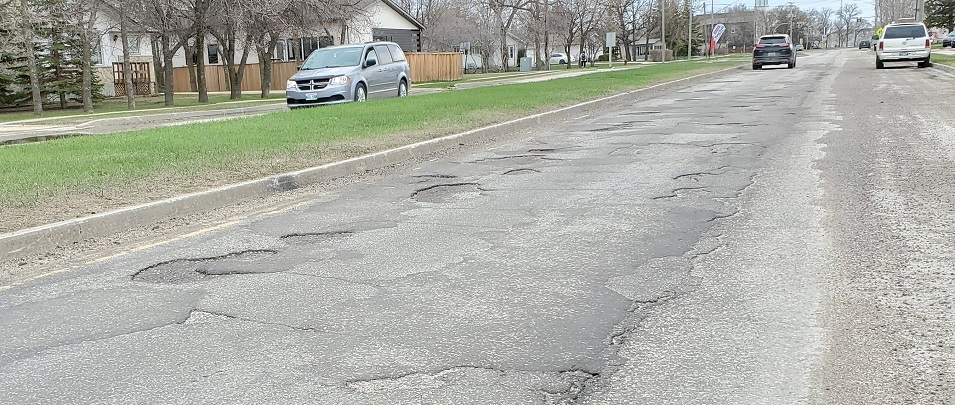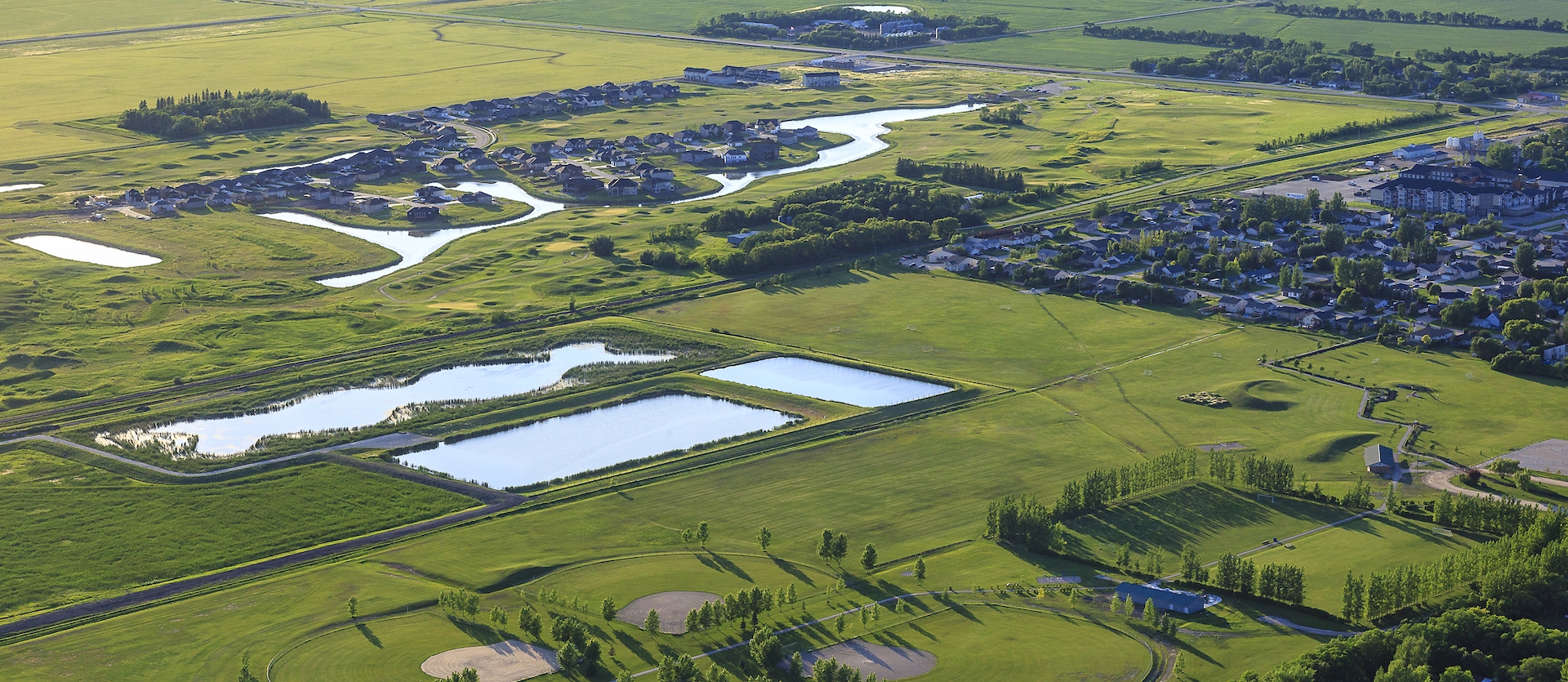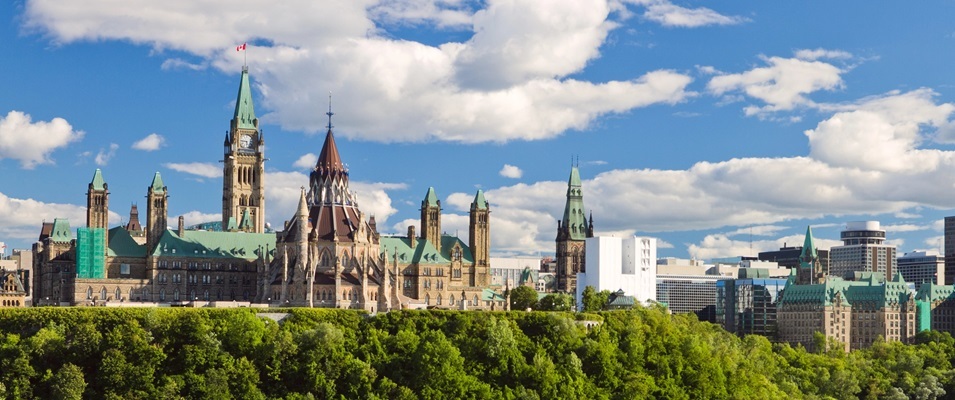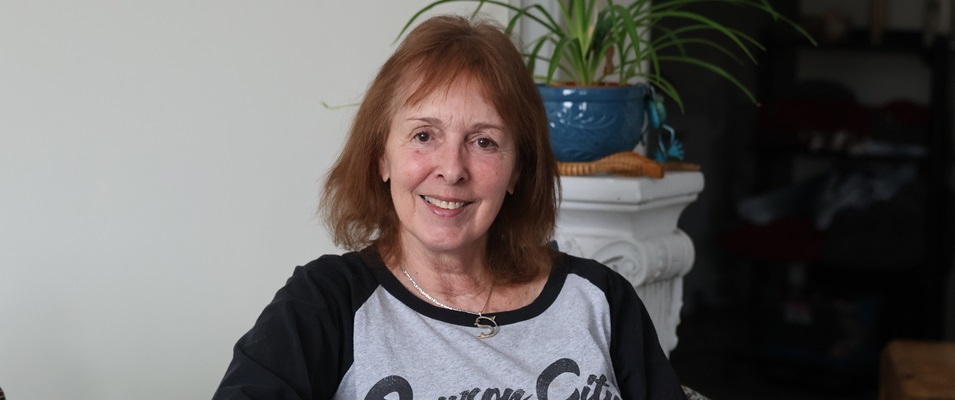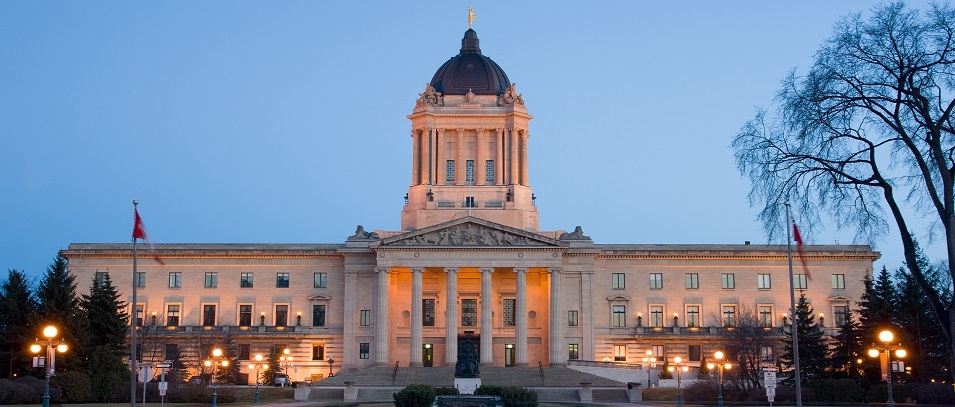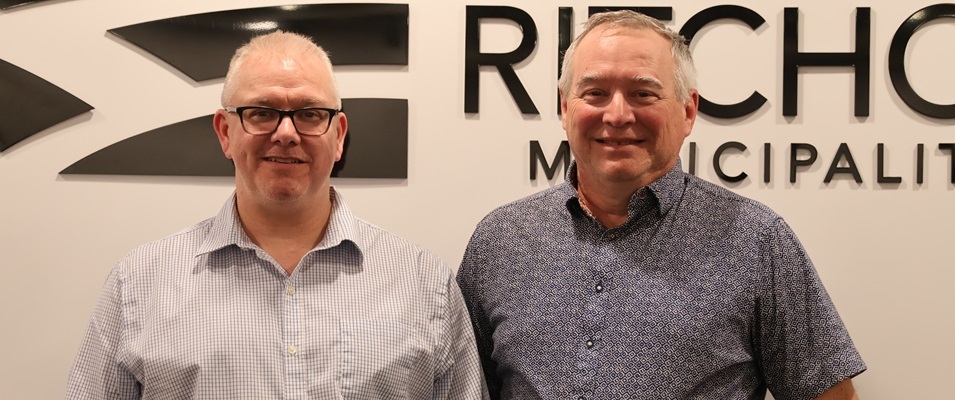
On January 6, 2025, Prime Minister Justin Trudeau announced his resignation from party leadership. In the meantime, the Liberal government has prorogued Parliament as they search for a new leader.
This kind of shakeup from the top always has a trickle-down effect. For Niverville’s mayor, the news raised questions regarding the continued viability of the $190-million shared wastewater treatment plant planned for our region.
“Obviously, with yesterday’s news about the prime minister stepping down, my first thoughts went to any federal funding coming to the municipality and how Niverville might be impacted,” says Mayor Myron Dyck. “There’s always that little bit of uncertainty as far as what this means going forward.”
In reality, the federal portion of the funding was only expected to come to around $20 million, with a grant of similar value coming from the province. The balance, approximately $150 million, was to be borne by the municipalities sharing in the project.
For this reason, Dyck is fairly confident the project won’t be slowed much, if at all, in the short-term.
“We were just putting ink on paper with some of these things to button it up so we can go to the next step, [which is looking for] a tender in the next month or two,” Dyck says.
But should the shakeup in Ottawa result in an election and a change in government, anything could happen.
Niverville has been here before.
Manitoba’s previous Progressive Conservative government promised $40.6 million in funding for a Highway 311 renewal project. After the NDP came to power in 2023, however, those funds weren’t followed through on. Town staff have since been put to work seeking new grants to ensure the project can continue.
Still, Mayor Dyck feels confident that the wastewater treatment plant will continue to find favour with higher levels of government due to its viability and sensibility, let alone the significant environmental benefits it will have in comparison to lagoon systems.
The shared intermunicipal wastewater treatment plant is a novel idea that has been in the works for many years. It’s exactly the kind of collaborative thinking that higher levels of government tend to appreciate.
In 2022, Niverville and Ritchot joined forces with Tache and Hanover to announce the creation of a shared treatment plant to be located in Ritchot.
Aside from the plant itself, the project includes a series of lift stations, pump stations, and approximately 90 kilometres of effluent pipeline running to every community in the four municipalities.
The wastewater system will, in effect, eliminate the necessity to create new lagoons in the future.
This past year, other districts asked to be included in the project, including the RM of La Broquerie and Otterburne, which is home to Providence University College.
In mid-December, Dyck met with the provincial Minister of Transportation and Infrastructure, along with CAO Eric King and consultant Gordon Daman, to request an additional $42 million for the project in order to accommodate the inclusion of La Broquerie and Otterburne.
“We did our best sales pitch to let them know what the return on investment is when you take 1,800 acres of farmland and keep it in production [instead of turning it into a lagoon],” says Dyck.
They emphasized the growth potential for communities that belong to a wastewater treatment system and how that growth translates into additional tax dollars for the province.
Now, with the political landscape shifting at the federal level, the project will enter a wait-and-see pattern.





